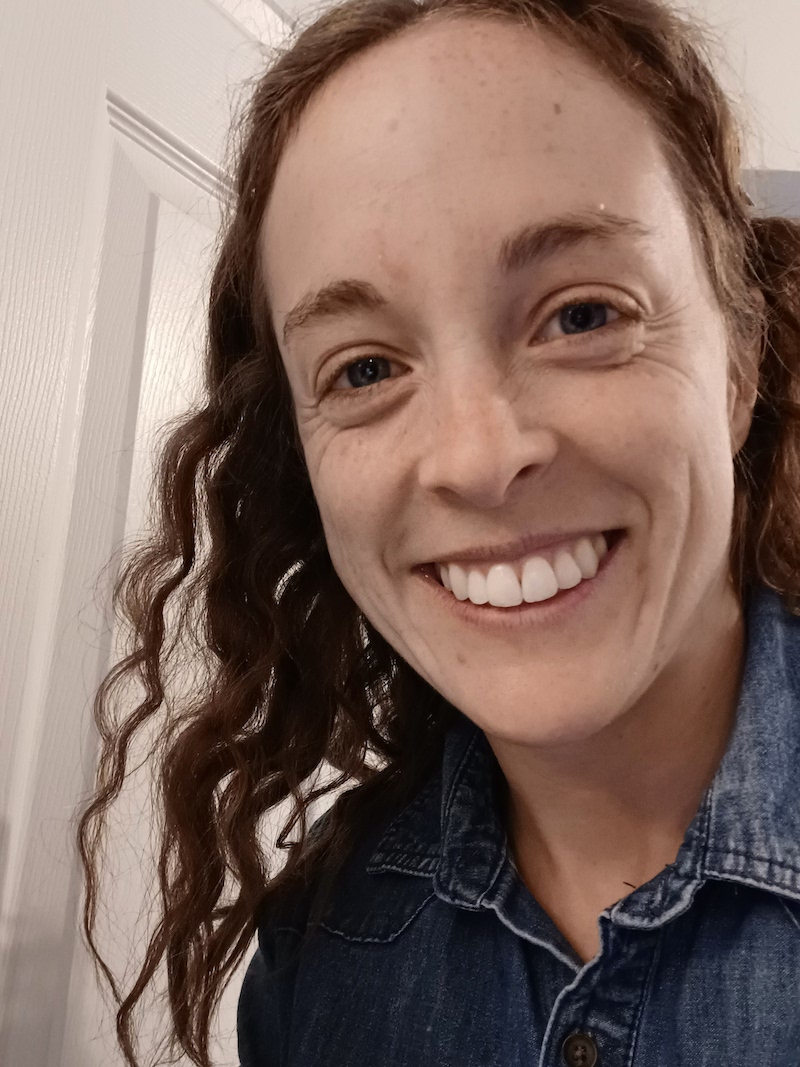Fall 2020 Homeschool Setup
Our home school is finally in a good place, so I want to tell you about it quickly before something gets off again.
I really feel like I don’t put a lot of effort into this. There’s no pulling teeth here. Grocery shopping is just as difficult as a library trip, and making dinner with cranky toddlers is harder than them all. I engineered the schedule to use the kids’ wants for good uses. Paying attention to the white board is more interesting than eating my terrible healthy dinner. Treats get good behavior and screen time gives me focused work from them. Reading prolongs bedtime.
Reading: We make approximately weekly trips to the library with my rolling teacher cart, and we fill it up. Each child is required to select something like fifteen books, depending on how many we returned. My limit at Dayton Metro Library is 99, and I frequently meet it. I like the kids to pick out their own books, since they read more if they choose the book.
I’m going with the philosophy that the kids will improve faster at reading by doing more reading, and not necessarily reading challenging books they don’t like. I aim them towards graphic novels and funny books. I do keep my eyes open for the classics, or interesting non-fiction books. It would be a good idea for me to read with one child per night on something more difficult for them, and then read the Book of Mormon with them on Sundays. That is all I will say. But I get 80% of the value for 2% of the effort by drowning them in books. I also “model reading” during reading time (which is after pajamas, toothbrushing, and Daily Demos, but right before family prayers and lights out), and that’s another 10% of the way towards teaching them about reading for no extra effort. I read what I want to, and call it home schooling. Win win.
If you’re wondering, and I haven’t already told you, I’m reading Genius Foods and am experimenting with a Paleo-like diet and feeling weird about the transition.
Physical Education: The entire purpose of the morning is to get outside and for me to exercise. We play our yard-version of baseball or lacrosse or frisbee or pogo stick or bikes or volleyball or football. It’s fun. (This doesn’t mean we can’t do anything else, it’s just that outside time is our one goal and if that happens it’s a success.) Oh, we also love to go to Delco Park’s BMX track, which is ridiculously fun.
Social Studies, Science, Geography, History, Economics, Life Skills: We have a white board in our kitchen and my husband and I take turns drawing a lesson on it during mealtimes. This is all the direct instruction we do. I think it’s a good use of time. We don’t follow a curriculum but we answer kids’ questions or talk about things we just learned from our own books or subjects we liked from college. You can see what we draw on Instagram; my username is @lunchlesson. You can tell who drew the white board by looking at the handwriting; Bryan’s “t” is curved at the bottom.
Math, Typing, Writing: Right after lunch, we do “Work Hard” with three kids on three devices. Our PC is for typing games (I like them to do Typing Club and they like them to do Nitro Type), our Chromebook is for Khan Academy (free, online, and going to change the world), and our iPad is for educational games. After twenty minutes at each station, we go to writing time. We put on this game for background music, we use the kids’ gmail account for Google Docs on the PC, the Chromebook, and my Macbook. They can either write an article for the Braun Times, our family newspaper, or a story for Story Pirates. The state curriculum for writing says kids should do informative, opinion, and narrative writing, so that covers it.
Before a child is allowed to do Nitro Type, they have to come up with their topic. This was key. For months we sat at the table with paper and pencil, and the boys would take seventeen minutes to think up a topic and then stop three minutes later when it was time to move on.
Also, if a child doesn’t want to write that’s fine; they just have to help me clean up lunch. Austin has done this once and never again.
After they do these four stations of Work Hard it’s time for Play Hard. Twenty five minute turns on the PC (mostly Terraria), the Chromebook(mostly YouTube videos of people playing Terraria or Minecraft) and the iPad(mostly Stardew Valley or Minecraft). They don’t have to Work Hard! I don’t make them! But they don’t Play Hard without Working Hard, so they usually choose the work.
Science: The Wright Memorial Library has an incredible collection of Maker Boxes available for check out (to anyone with an Ohio address). We’ve gotten a telescope, a microscope, a spinning wheel, a knitting kit, a computer to take apart and put together, Makey Makey, arduino, coding robots, Snap Circuits, specialty baking pans, a radon detector, Kill a Watt, ukuleles. I need to just stop now.
They also have Dayton Art Institute, Carillon Park, and Aullwood Audobon Center passes. Now really I’m done I promise.
Religion: We have a family meeting where my husband administers the Sacrament, and then we do a kid-focused lesson on the Book of Mormon. We gave the kids callings: Peter is the pianist for our hymn and Heidi is supposed organize everyone. Austin chooses who says the prayer. Heidi, Peter, and Austin take turns being Nursery Leader when Bryan and I attend remote Sunday School. It’s lovely. I will go to church again when my leaders say it’s time, but I am really enjoying this time together to worship and learn about Jesus Christ as a family.
We also used a month-long trial of Living Scriptures. They have excellent animated scripture stories and other historical figure biographies my kids actually liked watching. But it’s really hard for me to part with money, so we cancelled the subscription after the trial. Maybe we’ll be back for another month, here and there.
Executive Function: Educational books I read say that kids learn executive function (the ability for the pre-frontal cortex, or planning brain to be in charge of the emotional brain and survival brain) through mature socio-dramatic play. In other words, the thing kids do when they are in a group and there’s nothing else to do. I’ve notice that the fewer toys there are, the more the kids play together. They use toys as props in their games, but they never play with toys alone. Is that weird?
Creativity: Mornings and afternoons between snack and dinner are usually reserved for free play, but if someone is struck with inspiration they can write a Proposal in our Grant Applications notebook. They say what device they want to use and how long they need, and a paragraph convincing me I should let them play on devices. I’ve gotten some really creative proposals, and seen some amazing Minecraft structures. I think grant applications are important in some lines of work, and I want it to not be a new thing.
The kids show Bryan and me what they made that day during Daily Demos.
Responsibility: We have a meal wheel. It dictates lunch and dinner responsibilities. Set Table, Package Up, Clear Away, Brush and Spray and Wipe, and Sweep. After kids do this task and clean up their Zone, we check to see if their clip has been moved down too many times. If it is up high enough, they get a treat.
They each have a day to do laundry and shower, and if they don’t do it, they don’t get a ticket to Family Activity Night. We rotate through who chooses the activity.
On Saturdays, I make a list of what jobs need to be done, and kids sign up. They get to choose what they do every week, and I only put on jobs that really need it. Oldest chooses one job first. They are only allowed to sign up for as many jobs as their age. Erika CAN ONLY do three. I can’t wait until they are all teenagers. They come when it’s time to choose, because they don’t want their siblings to choose the fun jobs, like the toilet.
Completing the jobs they said they wanted to do puts them on the allowance payroll. Heidi and Peter get two dollars a week and Austin gets one. Originally, doing chores only let them sign their names next to the job with pride, because that’s all you get for doing chores at home in the real world. But we wanted to pay them for something, so paying for working seemed like a good idea.
When they want something I say, “You have money.” And they usually have enough for what they want, but they are suddenly so fiscally responsible when it is their own money. So weird.
We also solve some arguments with money. “How much do you want Austin to give you that toy?” People have a price!
Service: We found a really great organization called Hannah’s Treasure Chest that we like to volunteer for. I don’t know who Hannah is, but they collect kid stuff and organize it and fill orders from social workers for kids. Clothes, shoes, school supplies, toys, diapers, high chairs, car seats, etc. They are really well run.


